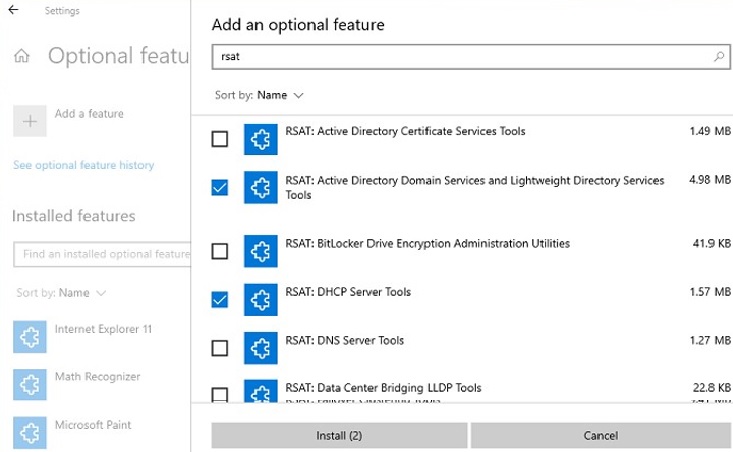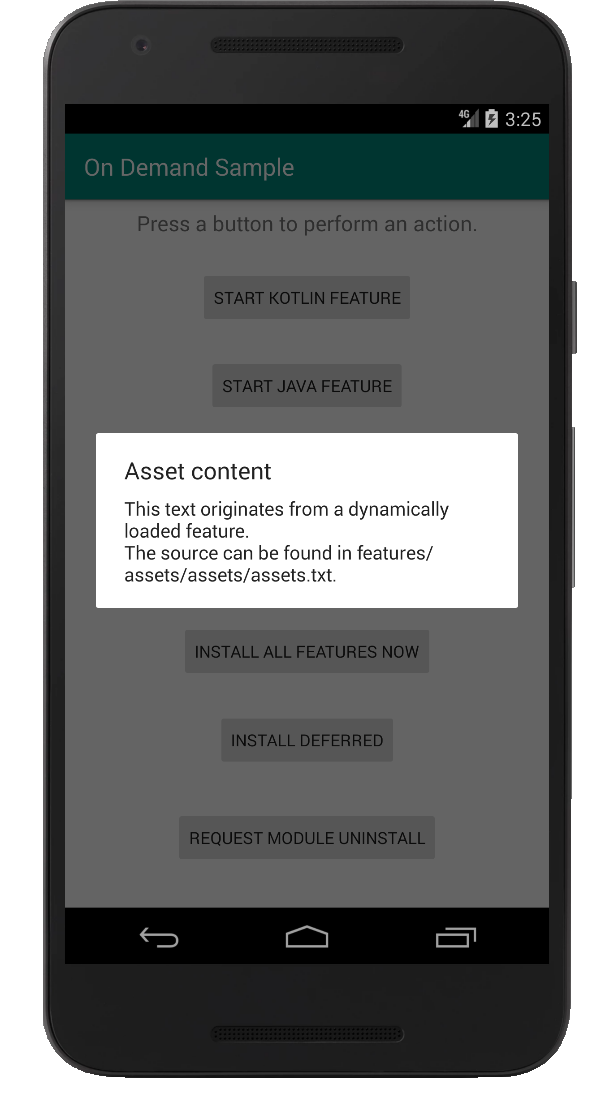

Let say we want the prompt to appear at some time after our web app is started, so we delay the prompt to appear. The tricky part is to catch this event and prevent displaying default wizard before our custom component.įor iOS users, the app flow will be similar, except we do not listen for the beforeinstallprompt event (because it is absent on iOS Safari and Chrome). If the prompt is accepted the Android’s default PWA installation wizard is displayed. The app will catch it, and start our custom component, where we can accept or decline installation.

Though for the Android user, we can use a default prompt, we will also use a custom prompt.įor Android users, the app flow will be next: Mentioned before beforeinstallprompt event will fire in Chromium-based browsers. We will create a custom component which will show what the iOS user should do to. To urge an iOS user to install your application, you need to show him how to do it. And if the user isn’t experienced how to do it or does not know that this app could be installed the chances that he will install your app is minimal. A user has to manually select the Safari’s menu item to install the app. But when it comes to iOS - it not so obvious. The moment you click to see the helpfile, will TODInstall automatically and professionally (ala MS Office) install the feature before your application loads the file.If your application is opened in Androi d’s browser (Chromium-based, like Chrome or Brave), the event beforeinstallpromptwill be fired, and the browser may show a prompt to install the app. The first feature contains a small Delphi application which has a button to display a RTF readme file which is located in the second, as of yet, to be installed feature. Only the first feature is actually installed, while the last two are advertised (i.e. This is a complete dummy application with three MSI installation features.

The easiest way to see exactly what TODInstall can do for you is to download and install the DemoApp.

This means that this OnDemand Install functionality is compatible with any operating system running Windows Installer version 1.0, which includes any machine running Internet Explorer 5+. ODInstall has been developed as a native VCL for Delphi 5 / 6 / 7 / 9 (2005) / 10 (2006), and besides the MSI.dll (which your installation used to install your application onto the end-user machine), will you therefore need no additional libraries or external files. OnDemandInstall is fully Microsoft Windows MSI API compatible, and certified for version 1.0 of the API to enable you maximum compatibility with end-user platforms. ODInstall enables you to release your application with an on-demand feature installation with a single line of code. On-Demand Installation has been developed to enable you, the developer, to put that final professional touch to your product/project.


 0 kommentar(er)
0 kommentar(er)
